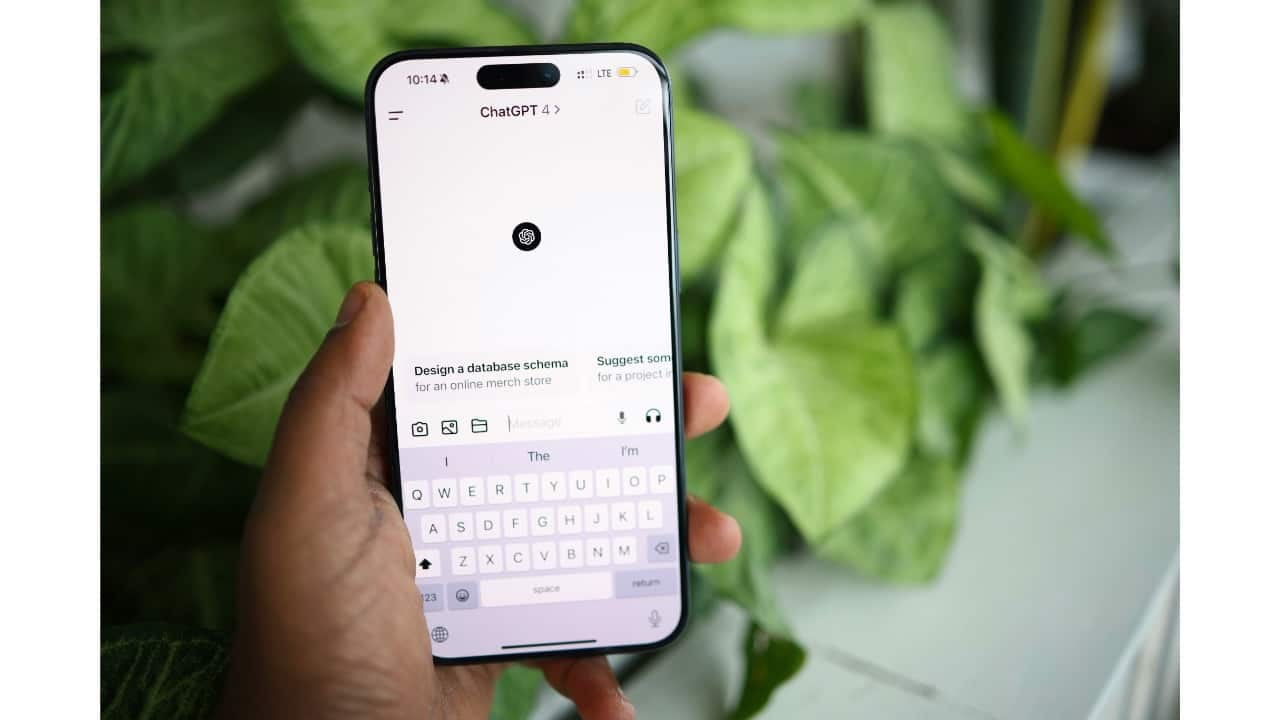Revolutionary 10-Minute Diagnostic Tool Developed in UAE to Detect Multiple Infectious Diseases

UAE's 10-minute paper test can be quickly modified to detect COVID-19, malaria, dengue, chickenpox, and more. Photo: Abu Dhabi Media Office
Addressing the Global Need for Rapid Testing
A groundbreaking innovation in the field of infectious disease testing is set to fundamentally change the healthcare landscape, especially in low-resource and remote areas. Scientists at New York University Abu Dhabi (NYUAD) have introduced a revolutionary paper-based diagnostic tool known as the Radially Compartmentalised Paper Chip (RCP-Chip). This remarkable device has the capability to accurately detect a variety of diseases in under 10 minutes, representing a significant advancement in rapid, affordable, and portable disease screening that does not depend on complex laboratory equipment or trained personnel.
The RCP-Chip was conceived during the early stages of the COVID-19 pandemic, a time when the global community was experiencing a critical shortage of efficient testing strategies. Areas with limited resources faced even greater challenges in managing the virus. As Mohammad A. Qasaimeh, an Associate Professor of Mechanical Engineering and Bioengineering at NYUAD and the lead author of the study, pointed out, “Our goal was to create something fast, affordable, and easy to use, especially in areas where lab access is limited.” The device has been designed to provide a rapid solution for the detection of infectious diseases.
Qasaimeh further elaborated on the device’s efficiency, stating, “It uses a minimal number of reagents and requires only a small sample to run.” This affordability and efficiency make the RCP-Chip not only a versatile diagnostic tool but also an accessible option for healthcare providers in diverse settings, from remote villages to densely populated urban areas, thus significantly enhancing healthcare access.
Although the RCP-Chip was initially designed to detect COVID-19, its capabilities extend far beyond this single disease. Qasaimeh highlighted that the device can be easily reconfigured to diagnose other illnesses, including chickenpox, dengue, malaria, and even hormonal and metabolic conditions. “With minor modifications, it can adapt to diagnose a wide range of diseases,” Qasaimeh explained, which positions the RCP-Chip as a multi-purpose diagnostic tool suitable for various medical applications, from general infectious disease testing to chronic health monitoring.
Pavithra Sukumar, a Research Assistant at NYUAD and co-first author of the study, emphasized the real-world impact of the RCP-Chip, stating, “What makes it truly impactful is its real-world potential.” The ability to rapidly test for diseases significantly improves outbreak responses, enabling timely isolation, treatment, and control of infections. In circumstances where time is crucial—such as during epidemics or pandemics—this rapid testing method can be instrumental in preventing the spread of diseases before they escalate into uncontrollable situations.
One of the most notable features of the RCP-Chip is its portability. Unlike traditional diagnostic equipment that often requires sophisticated laboratory setups, the chip can be operated with minimal resources. Qasaimeh noted that “It requires a heating stage at around 60 degrees Celsius, which can be easily achieved with common household devices like a hot plate or an oven.” This simplicity and ease of deployment ensure that healthcare workers can effectively utilize the chip even in regions with limited infrastructure.
Moreover, the RCP-Chip’s use of saliva samples—rather than the more invasive swabs commonly used in testing—adds another layer of convenience and comfort for patients. “In a short amount of time, you can deploy it for use in almost any area,” Qasaimeh remarked, highlighting a crucial motivation for the development of the tool: to reduce the time and costs typically associated with conventional diagnostic methods.
The journey towards developing the RCP-Chip was not without its challenges. The team faced various hurdles, particularly due to pandemic-related restrictions on lab access which initially delayed their research. “In the initial phase, we focused on designing the chip and brainstorming the approaches,” Qasaimeh explained, noting that it was not until restrictions were lifted that they could conduct detailed testing of the device. “After initial curfews, gradually we were allowed access to labs, and that’s when we deepened the research and began testing the device,” he added.
Despite these challenges, the research team successfully filed a patent for their innovative device and has since launched a startup aimed at commercializing the RCP-Chip. Biotech companies have expressed interest in this innovation, with Qasaimeh mentioning, “We aim to find investors so that we can continue with the development stage of the device.” The focus now shifts toward bringing the device to market and enhancing its translational potential, ensuring it can be adapted for various applications in the healthcare sector.
As the demand for affordable and efficient diagnostic tools continues to rise, the RCP-Chip is poised to play a critical role in global healthcare. Its low cost, rapid response time, and versatility make it an ideal solution for resource-limited settings, providing a much-needed alternative to existing testing methods.



























